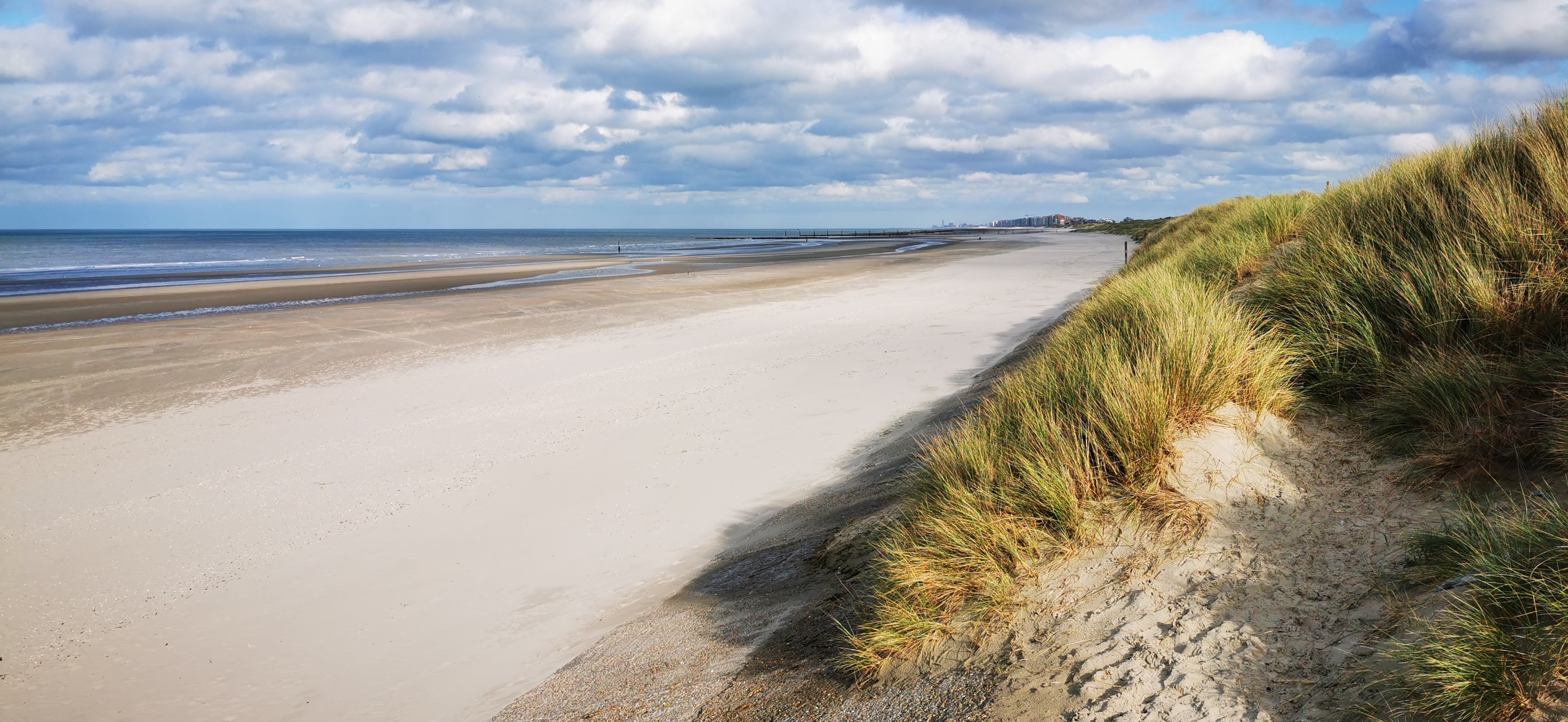These models are based on the previous work, where sectoral workshops were organized to establish mental maps with stakeholders. Those mental maps were then combined in one intersectoral Causal Loop Diagram (CLD). From this CLD we selected two key themes for the Belgian coastal zone which are now modelled into detail (see below). These models are the primary tools for policy and business analysis, and will be used to design business road maps during the next multi-actor workshop, planned by the end of February 2021.
Due to the imposed safety regulations related to the covid-19 pandemic the frequency of personal interactions during this time had to be far less intensive than anticipated, but this did not affect the quality of the work and results. Models are being developed in a step-wise manner: more detail is only added if relevant and the previous design has been implemented and tested. Given the complexity of the land-sea system for the Belgian Multi-Actor Lab, with over 100 identified environmental and economic land-sea interactions, the strategy to develop models was to focus on two central themes in the system with strong land-sea interactions:
(1) the climate resilience, water balance and land use of the the Oudland polder, an important coastal rural area for agriculture, tourism and nature between Oostende, Brugge and Blankenberge; and
(2) the economic and infrastructure aspects of decommissioning offshore wind parks in the Belgian Coastal Zone with the port of Ostend as main hub supporting the Green Deal. Partners involved were the Flemish Land Agency (VLM), the West Flanders Development Agency (POM West-Vlaanderen), the Bluebridge incubator company for blue growth, the Port of Ostend (AGHO) and the Flanders Marine Institute (VLIZ).
The Flemish Institute for Technological Research (VITO) was responsible for the implementation of the models. Currently, we are fine-tuning the model design and simulations are prepared for the oncoming multi-actor workshop. In this workshop stakeholders will have the opportunity to provide feedback on the model and its main outcomes, and together we will see how models can be used as a start for policy and business roadmaps.
Authors: Bastiaan Notebaert and Jean-Luc de Kok (VITO)

